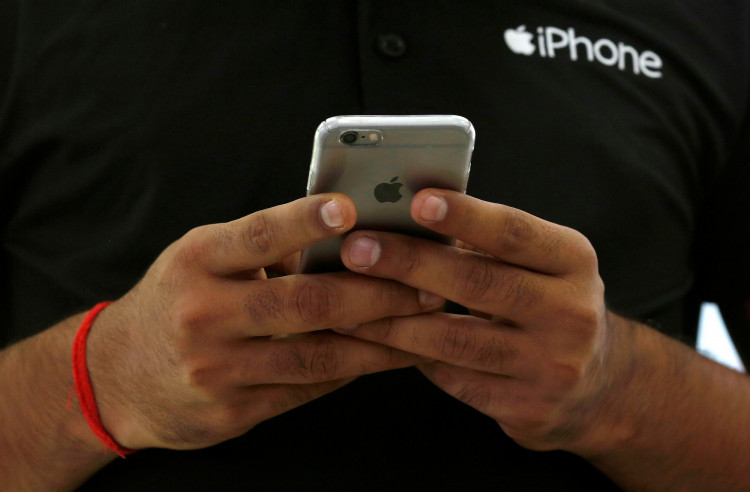For the first time ever, US tech giant Apple has finally announced a tentative date for the opening of its first single-branded store in India. The company's CEO Tim Cook announced this week that Apple will be opening its first physical store in the world's second-largest smartphone market in 2021.
Since it first entered the market, Apple has been selling its smartphones through third-party stores in India. The company was previously barred by the government in opening its own store in the country and was required to do so only if it had a local partner.
Apart from its first single-branded store, Cook also revealed that the company will be launching its first online outlet for Indian customers later this year.
The announcement comes right after the company got approval from the Indian government to open a store without a local partner. Apple has long been planning to open a store in India, but this is actually the first time that it had revealed an actual timeframe.
In 2018, India revised its laws, which effectively barred foreign companies from opening single-branded stores. The government did offer Apple the opportunities to do so, but only if it had a local partner. The Cupertino-based giant refused the offer and stated that it would not be a "good partner" as it liked to do things its own way.
Selling its products through third-party sellers has not really produced the outcome Apple had wanted as it lagged behind its main competitors Huawei and Samsung in the Indian market. By opening its own stores, Apple hopes that it can spur further growth in the developing market.
At the company's recently held shareholders meeting, a vote was held on a proposal on how the company would handle requests from the Indian government regarding the removal of applications from its App store. The vote was held due to pressures facing the company given its prior actions involving the Chinese government's request to remove specific apps from its App Store in the midst of the recent public unrest in Hong Kong. Unfortunately, the proposal was voted down but had received nearly 40 percent of the vote.
During the same meeting, Cook briefly addressed the impact of the viral epidemic in China on its operations. The executive told investors that the issue could cause it to miss its quarterly earnings targets due to the closures of Chinese plants that produce components for its different products. This apparently resulted in a decline in capacity and therefore possible sales.





